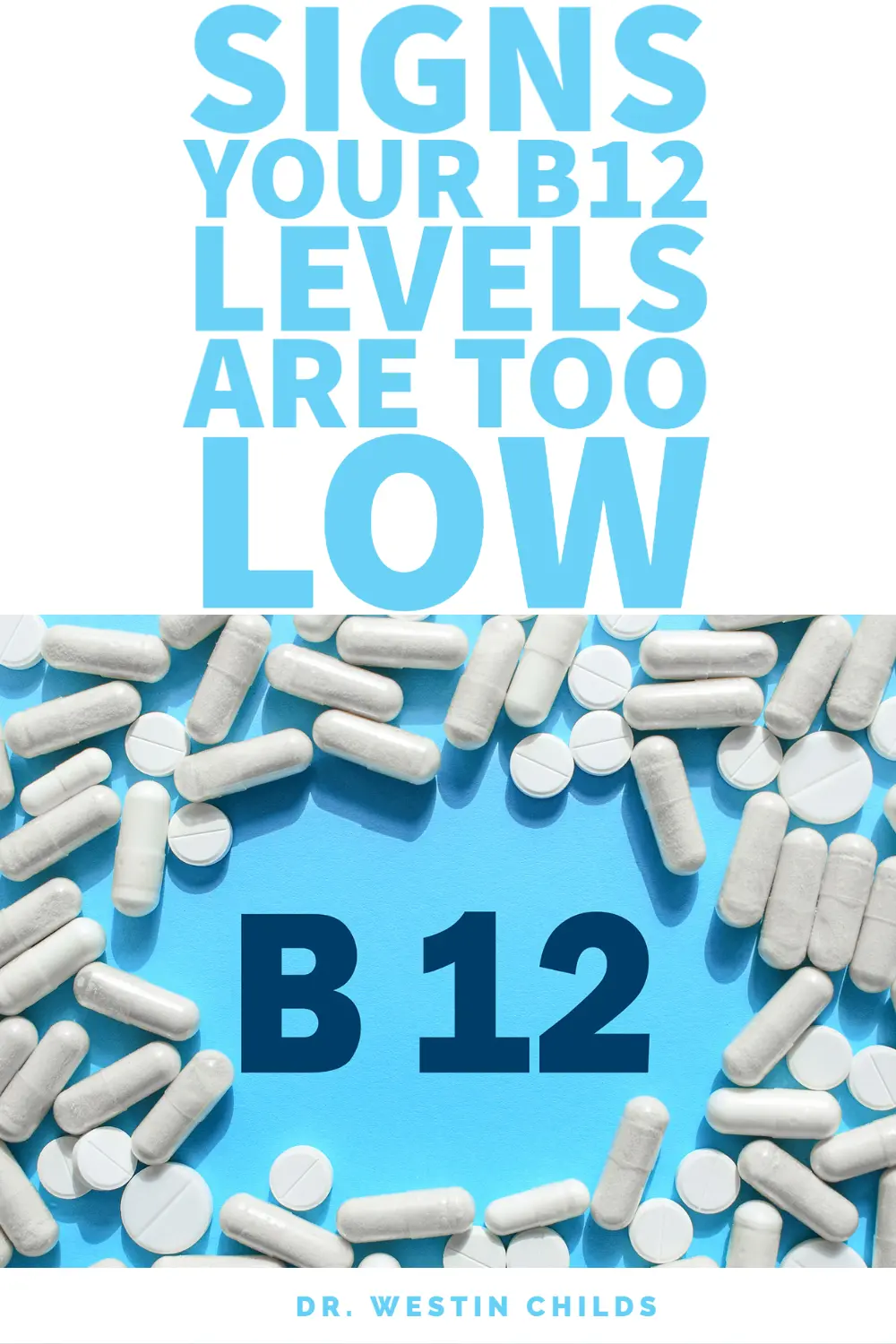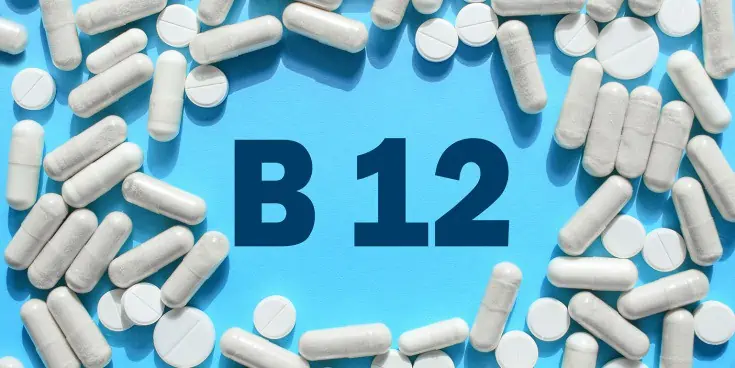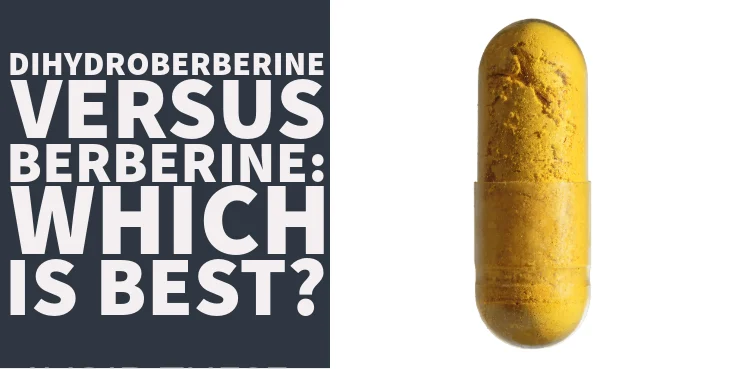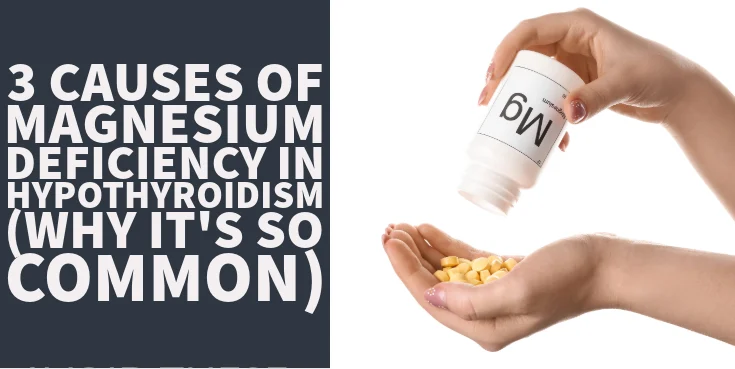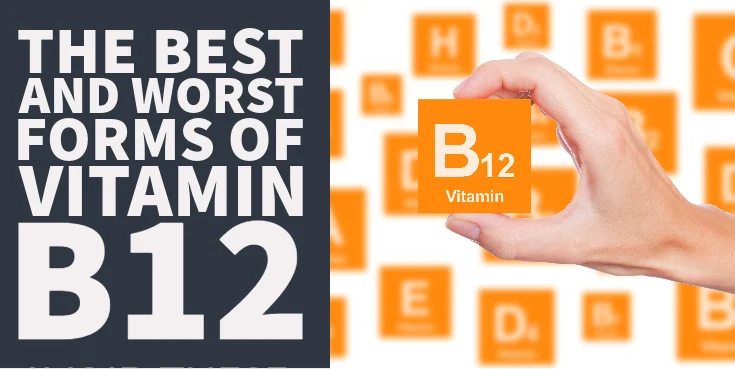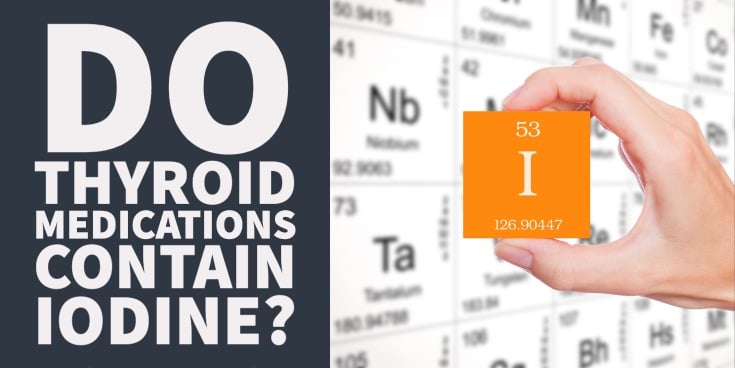Symptoms of Vitamin B12 Deficiency
Think you don’t have to worry about Vitamin B12 deficiency because you are living in a place like the United States?
Think again.
It’s been estimated (by various medical research journals) that the rate of Vitamin B12 deficiency approaches 40% (depending on the study you look at (1)).
And this number is catching only those with a GROSS vitamin B12 deficiency and not those with SUB-OPTIMAL B12 deficiency.
A gross deficiency is an obvious B12 deficiency that shows up with low-range lab tests.
This is actually fairly common but not as sinister as those with what I call sub-optimal B12 deficiency.
Sub-optimal B12 deficiency is someone who is walking around with a low-normal B12 level (which is still technically in the normal reference range) but who is also experiencing mild to moderate symptoms of B12 deficiency.
These people are often missed by doctors and lab tests (which we will talk about later) because they are “technically” normal by standard lab ranges.
And, by the way, this problem gets WORSE if you have other hormone imbalances (such as thyroid disease (2) and diabetes (3)), if you are stressed out from life, or if you are eating unhealthy/processed foods.
All of these things INCREASE the demand for Vitamin B12 in your body and actually accelerate B12 deficiency.
Before we talk about testing and treating B12 deficiency let’s first talk about the symptoms associated with this condition.
Any or ALL of the following can be a sign that your body isn’t getting enough Vitamin B12:
- Fatigue/low energy/weakness – The fatigue experienced in vitamin B12 deficiency is usually sustained and low throughout the day. It typically does not fluctuate like other types of fatigue (think of adrenal fatigue). Advanced B12 deficiency can actually cause muscle weakness as well which should be differentiated from low energy states.
- Hair loss (4) – Even low levels of B12 can contribute to hair loss! This usually shows up as more hair loss during your showers or thinning of your hair slowly over time.
- Weight gain – Low B12 can lead to weight gain as it affects your metabolism. This can lead to a slow and steady weight gain over time. In addition, it can also prevent you from being able to lose weight even if you are using diet and exercise.
- Brain fog – Low B12 can make it difficult to concentrate and can cause brain fog.
- Depression (5) – Low B12 also contributes to depression and depressive symptoms. Depression from B12 occurs without ANY stimulus (meaning you don’t have a good reason to be depressed).
- Numbness/tingling – Numbness and tingling are later signs of B12 deficiency but can come and go in the early stages.
- Tongue changes – B12 deficiency can cause an enlarged or “beefy” tongue as well as change how you taste certain foods. This is typically a later finding.
- Constipation – If you are experiencing worsening constipation, slowly, but over the course of months then it may be due to low B12.
- Heart palpitations (only if severe) – If you have a severe deficiency you may start to notice heart palpitations, these can come and go or persist during exercise.
- Anemia (6) (only if severe) – Lastly, a late finding of B12 deficiency is anemia. This type of anemia occurs as your red blood cells enlarge.
You will notice that MANY of these symptoms are what we call non-specific or very general.
This is what can make vitamin B12 deficiency so difficult to diagnose.
But, in my experience, these symptoms tend to occur over a set period of time (usually months to years) and slowly progress and get worse.
If you notice that over the last few years you just aren’t feeling as good as you would normally or that your symptoms are all just getting worse then that may be a sign of B12 deficiency.
Testing for Vitamin B12 Deficiency
One of the biggest struggles with diagnosing vitamin B12 deficiency is the fact that the lab tests are just not that accurate (7).
And this information doesn’t come from me, by the way, it comes from medical research studies.
Having said that, you should still be aware of the lab tests used to diagnose B12 deficiency and what type of information they actually give you:
- Serum B12 level – This is probably the LEAST accurate of all B12 tests and doctors know this. But even though they know that the serum B12 is inaccurate they still use it and base treatment on the result. Do NOT fall into this trap. Serum B12 only tells you how much B12 is in the bloodstream but it doesn’t say anything about how much is activated and can be used by the body.
- Methylmalonic acid – This test is a good test for assessing if your body can utilize the B12 in your bloodstream. If your methylmalonic acid is high then it indicates that your body cannot use B12 which means you might be deficient. But even though this test is better than serum B12 it is still not perfect and does not always guarantee that you have B12 deficiency.
- Homocysteine (8) – Homocysteine can be used as a marker of B12 deficiency because as your body uses B12 it breaks down homocysteine into cysteine. If your homocysteine level is HIGH then it means you may not be breaking down enough B12.
- MCV (9) – This test stands for mean corpuscular volume and is a test that gives you an idea of how LARGE your red blood cells are. Vitamin B12 deficiency is one of a few things that cause your MCV to go higher which means it can be used as a sensitive marker for B12 deficiency. Unfortunately, it isn’t perfect either. Look for an MCV value that is LESS than 90.
If this is sounding a little bit confusing then you aren’t alone.
One of the MAIN issues with diagnosing B12 deficiency is the simple fact that we cannot rely 100% on lab tests.
I know many patients and many doctors who base all of their treatment decisions on these tests when they are not even accurate!
So what are you supposed to do as someone who just wants to feel better?
Your best bet is to get the lab tests listed above (you want to get them because they are potentially helpful) but base your decision on whether you should use B12 on your SYMPTOMS.
If your symptoms are suggesting that you have B12 deficiency then RELY on those instead of your lab tests.
I’ve seen so many patients who feel terrible but have normal “B12 lab tests” but who respond great to Vitamin B12 supplementation.
Don’t let an inaccurate lab test dictate how you feel.
And what’s even more interesting is that many medical research studies actually suggest this very same approach.
They agree that testing for B12 deficiency is both inaccurate and expensive so the best course of action is to just supplement if you feel you have a deficiency.
Treating Vitamin B12 Deficiency
If you want to act as if you have a B12 deficiency and treat the problem then there are a few things you should know.
FIRST…
Most of the over-the-counter supplements out there contain the WRONG type of vitamin B12.
Using this type of B12 will NOT help your body because a large percentage of people cannot utilize it.
You will want to buy a B12 supplement that contains a pre-methylated or pre-activated form of B12 to ensure that your body skips the activation process.
You will want to use one of the formulations found below:
- Methylcobalamin – Pre-methylated and pre-activated and safe to use with MTHFR defects.
- Hydroxycobalamin– Pre-methylated and pre-activated and safe to use with MTHFR defects.
- Adenosylcobalamin– Pre-methylated and pre-activated and safe to use with MTHFR defects.
AVOID B12 supplements which contain cyanocobalamin.
You can tell which formulation your B12 supplement has by looking at the nutrition/supplement facts on the back of the bottle.
Look at the B12 section and it should have the type of B12 that it uses in parenthesis.
It will say something like “Vitamin B12 (as methylcobalamin)”.
If it says any of the approved formulations above then you are good to go.
If it says “Vitamin B12 (as cyanocobalamin)” that is an indication that you are taking a cheap form of B12 which is probably not working in your body!
Or at least, there is a 40% chance that your body is not really able to utilize it (which are not great odds).
Why can’t these people utilize B12?
Because they contain a GENETIC MUTATION known as the MTHFR defect.
This genetic mutation is found within around 40% of the population and it impacts how your body METABOLIZES B12.
Those with this defect are not able to break down B12 into the active form as well as people who don’t have it.
Because of this, formulations with cyanocobalamin simply build up in their system without being active.
So their lab tests will read as “normal” but their cells aren’t actually getting the benefit of the B12.
Because of this, I recommend that you just AVOID these formulations of B12 and stick to the ones that are already pre-methylated or pre-activated.
Yes, you will have to pay a little bit more money but it’s worth it because you will actually be able to feel better and use the vitamin instead of just eliminating it!
Final Thoughts
Treating and diagnosing Vitamin B12 deficiency is not hard!
If you have the symptoms then you should get your lab tests and consider using a B12 supplement.
With how cheap and effective B12 supplements are, and with how common B12 deficiency is, it’s probably a good idea to start supplementing as a trial to see if you start to feel better.
In my experience, MOST people reading this (especially those under stress) will benefit from using Vitamin B12.
Now I want to hear from you:
Do you have or suspect that you have Vitamin B12 deficiency?
Do you have the symptoms of B12 deficiency?
If so, which ones?
Have you been tested for B12 deficiency? Was the testing accurate in your case?
Keep the conversation going by leaving a comment below!
